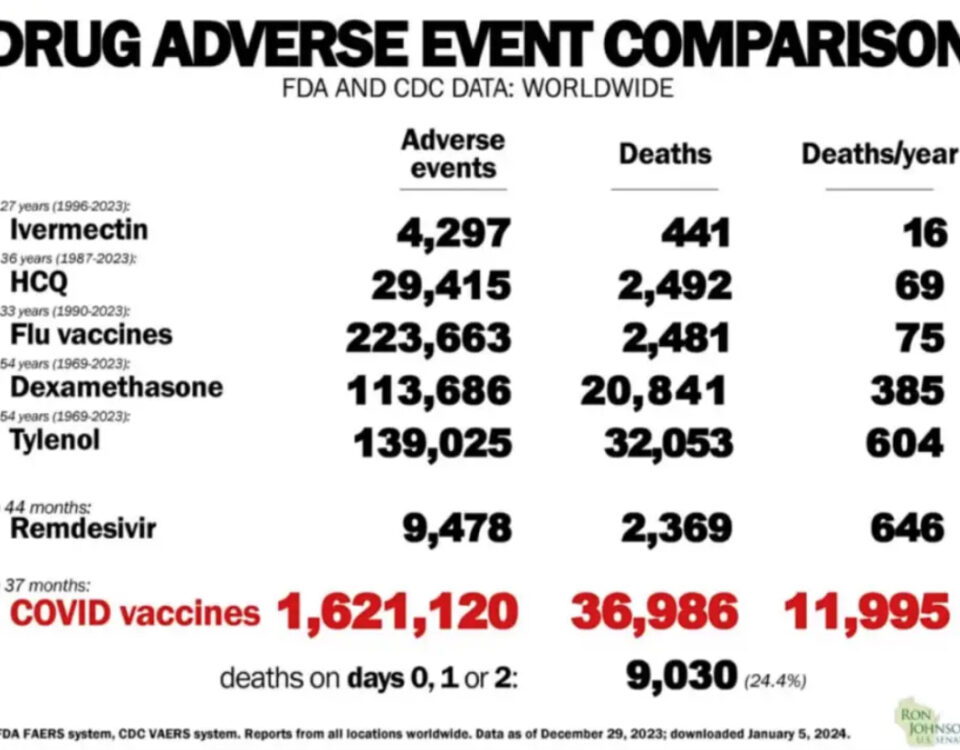The Lincolnian View of Abortion – Part 2
Conservative protestors overwhelm healthcare townhall meetings
August 4, 2009Americans spend about $34 billion annually on alternative medicine. How can you make wise decisions in this area?
August 5, 2009My blog on “The Lincolnian View of Abortion” has generated much interest and some comments. You may want to go back and look at the comments. However, I wanted to highlight one particular string that I hope you will find instructive.
More Information:A family physician named David responded to me this way in a personal email:
Walt, you wrote, “And, I (Walt) think slavery and abortion is a magnificient comparison. You (David) say, ‘Either slaves were people, or they weren’t.’ I (Walt) say, ‘Either the unborn child is a person, or he or she is not.’”
The difference is, perhaps the traditional Muslim teaching is right, and a fetus becomes a person at the start of the second trimester. Or perhaps the midaeval Catholic view was right, that the fetus becomes a person at the time of quickening (the tradition of “delayed ensoulment”).
But once born, a slave is the same human being. He has already become that human being.
You would likely not extend all rights to a person who is already dead. But you extend them to a person who is not yet a person, if one of the other scenarios that you call “pretty darn grey” is true.
You claim to side with life, and so do I – but we may define the start of life differently.
Well, why not just play it safe?
Why not assume life begins at conception, so that we don’t take any chances?
That’s a great position for us to take with other people’s lives. And if the life of the mother will be ruined by the pregnancy? Then it does matter whether ending the pregnancy is removing inanimate tissue, or killing a sentient being.
If it is the latter, then I agree that ending the pregnancy is generally morally repugnant.
If it is the former, you can do great damage by imposing your definition of life on others.
Which of us is qualified to be the judge of something that cannot be defined by science, or by any consensus on either religious or ethical grounds?
I hear people making arguments against abortion in that they themselves were unintended pregnancies. Well, I wouldn’t be here if my parents had practiced a more aggressive form of birth control, even if that were abstinence.
There are a number of children who are not in this world because my daughters did not become sexually active at menarche (to the best of my knowledge). Who are we to prevent those potential lives from coming into this world, those lives that will never be?
Walt, like it or not, we live on a slippery slope.
There is no moral superiority to those who claim one point or another as the start of life. It comes back to the fact that we cannot define the start of life by any means other than by our beliefs. And none of us has the right to impose our religion on others – I think you will agree with that. They tried that during the Spanish Inquisition, and it didn’t work very well. As the saying goes, “If I wanted to live in a theocracy, I’d move to Iran.”
So, is it possible for you to respect another’s faith when it goes against some of your deepest beliefs?
This is a difficult discussion, because to have it honestly, I have to really listen to those with whom I disagree, to confront my own biases, and to check my facts. I really appreciate the fact that we can have it.
Respectfully, Dave
=================
Here’s my response:
Dave,
You say, “Why not assume life begins at conception, so that we don’t take any chances? That’s a great position for us to take with other people’s lives. And if the life of the mother will be ruined by the pregnancy?”
I’d ask, “Whose life is more ruined? The pregnant mother’s? Or, the unborn child’s? In the latter case, the ‘ruining’ is death. An unexpected pregnancy is, well, unexpected . . . perhaps, unwanted . . . but not a death sentence. But, does a ‘ruined’ life morally trump taking another’s life?”
You ask, “Which of us is qualified to be the judge of something that cannot be defined by science, or by any consensus on either religious or ethical grounds?”
I guess I’d disagree with these contentions.
David, IT IS defined by science. IT being the definition of the beginning of human life as occuring at conception.
David, IT IS is defined by consensus – or, at least, plurality. IT being the issue of unlimited abortion. One recent poll show that a majority of Americans across the political spectrum do not support an unlimited abortion license.
And, we’ve already discussed in the past, the fact of being sentient (or larger, or dependent, or more developed, or lives here or there, etc.) doesn’t (and, shouldn’t) define personhood.
And, if we were talking about your life as an unborn child, would you want someone to have the right to end you life because your existence would be inconvenient to them? If that someone was not 100% sure you were not human, shouldn’t the benefit of doubt go to your life?
Remember, the slavery issue was, at its roots, a debate of whether the slave was a person or not. Many (perhaps most) who argued for slavery, argued the slave (in general, and the African slave, in particular, or even, just the black African) was not a person.
Don’t forget, that Darwin argued that certain races were not equal in development or potential. (The full title of his book was “On the Origin of Species by Means of Natural Selection, or the Preservation of Favoured Races in the Struggle for Life.”)
I see these same arguments being used today in the abortion issue.
And, lastly, is the mother’s life really “ruined,” or just inconvenienced?
Two points to dispel the myth of a “ruined life.”
One, I sit on the Board of Directors of a wonderful Crisis Pregnancy Center – Life Network in Colorado Springs. We work with hundreds of women with unwanted or unexpected or inconvenient pregnancies each year.
With supportive counseling and significant other support (financial, educational, etc.) many will choose to keep and raise their initially unwanted child. A surprising percent of the time the father will become involved.
Many others choose to give their baby up for adoption, and bring the gift of life to the long list of couples we have that want a child — irrespective of that child’s race or physical attributes.
There are thousands of centers like ours across the U.S. doing this every day.
Secondly, I once went to an event in which 23 college and high school students and their mothers (virtually all single moms) talked about the issue of unexpected or unwanted pregnancies.
In each case, the young adult child declared his or her eternal gratitude that his or her mom chose for him or her the gift of life.
Each of the young adults admitted how difficult the decision had been for their mom. Each admitted how sorely tempted their mom had been to abort them. Each testified that there had been incredible pressure on their moms to abort.
But, each was thankful their mom had not aborted them.
And, each young adult was the child of a rape.
Ah, we will likely never agree about this terribly important issue. But, I’ve appreciated our disagreeing agreeably.
And, for me, I’ll follow the ancient wisdom that says, “This day I call heaven and earth as witnesses against you that I have set before you life and death, blessings and curses. Now choose life, so that you and your children may live . . .”
WIth that, I’ll sign off of this discussion. I do hope others will offer their wisdom to the disucssion — and with as much respect and calmness as have you, my friend.
Respectfully, Walt





